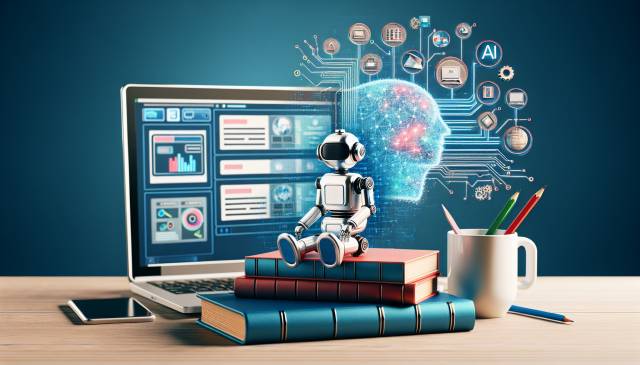
The landscape of education is changing rapidly, driven by technological advancements and a shift in learning preferences. As we move deeper into the 21st century, it's essential for learners to understand these trends and how they can adapt to thrive in this evolving environment.
1. The Rise of Online Learning
One of the most significant trends in modern education is the surge in online learning platforms. With the convenience of studying from anywhere, more learners are opting for online courses offered by various educational institutions. This shift allows for flexibility in scheduling and the ability to tailor learning experiences to individual needs.
Benefits of Online Learning:
- Flexibility: Learners can choose when and where to study.
- Diverse Course Offerings: Access to courses from institutions around the globe.
- Cost-Effectiveness: Often more affordable than traditional education.
- Self-Paced Learning: Students can progress at their own speed.
2. The Importance of Lifelong Learning
In today's fast-paced world, the concept of lifelong learning has become more critical than ever. The skills required in the workplace are continuously changing, and staying relevant means committing to ongoing education.
Keys to Lifelong Learning:
- Stay Curious: Cultivate a mindset that embraces learning.
- Set Goals: Identify what skills you want to acquire and create a plan.
- Seek Opportunities: Look for workshops, webinars, and online courses that fit your interests.
3. Personalized Learning Experiences
Another trend gaining traction is personalized learning. This approach tailors education to meet the unique needs of each student, often using data analytics to inform instruction. Personalized learning can lead to better engagement and improved academic outcomes.
How to Achieve Personalization:
- Adaptive Learning Technologies: Utilize platforms that adjust content based on student performance.
- Student-Centered Approaches: Encourage learners to take ownership of their education.
- Feedback Loops: Regularly assess progress and adjust learning paths accordingly.
4. The Role of Artificial Intelligence in Education
Artificial Intelligence (AI) is revolutionizing education by providing tools that enhance teaching and learning. From intelligent tutoring systems to automated grading, AI can help educators focus more on student engagement and less on administrative tasks.
AI Applications in Education:
- Virtual Tutors: AI-driven platforms that offer personalized assistance to students.
- Data Analysis: AI can analyze learning patterns to identify areas where students need help.
- Content Creation: AI tools can assist in creating learning materials tailored to specific learning styles.
5. Collaborative Learning Environments
Finally, collaboration in learning is increasingly emphasized. Whether through group projects in physical classrooms or virtual collaborations in online courses, working together fosters a sense of community and enhances learning outcomes.
Benefits of Collaborative Learning:
- Enhanced Critical Thinking: Engaging with peers encourages deeper analysis of concepts.
- Improved Communication Skills: Working in groups helps students articulate their ideas.
- Social Interaction: Builds relationships and a sense of belonging among learners.
Conclusion
As we navigate the modern educational landscape, embracing these trends can empower learners to take control of their educational journeys. The future of education is bright, filled with opportunities for those willing to adapt and grow. By leveraging online resources, committing to lifelong learning, personalizing experiences, utilizing technology, and collaborating with peers, learners can thrive in this dynamic world.
